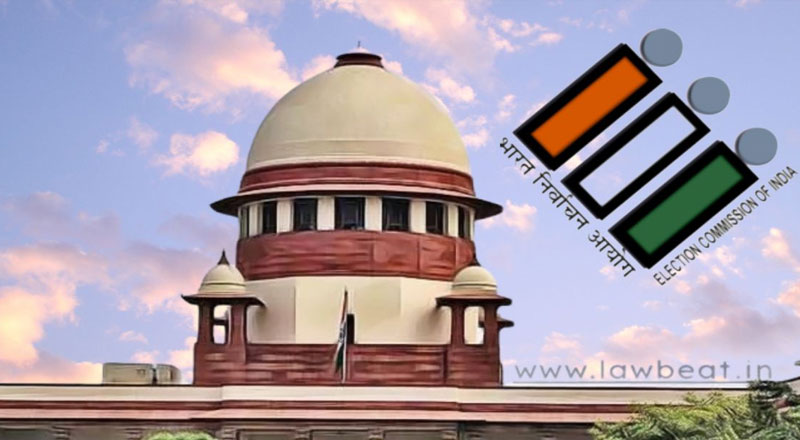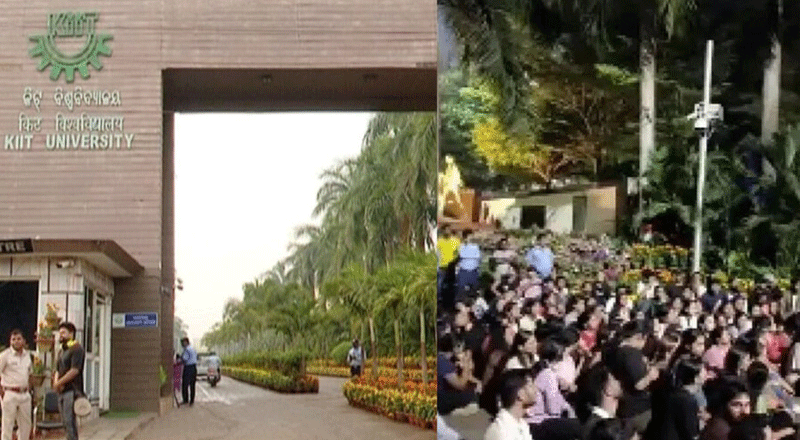- The Supreme Court ruled that a committee consisting of the Prime Minister, the Leader of the Opposition in the Lok Sabha and the Chief Justice of India must pick the Chief Election Commissioner and Election Commissioners.
- Under Article 324(2) of the Constitution, the President is empowered to appoint the CEC and ECs. This provision stipulates that the President will make the appointments “subject to the provisions of any law made on that behalf by Parliament”.
- At present CEC and ECs are appointed by the PM and the council of ministers under the seal of the President. The rules are also silent on the qualification of a candidate.
- The judge added that ECI must have an independent secretariat, rule-making powers as well as an independent budget to be able to function independently.
The Supreme Court unanimously ruled that a high-powered committee consisting of the Prime Minister, the Leader of the Opposition in the Lok Sabha and the Chief Justice of India must pick the Chief Election Commissioner and Election Commissioners until Parliament passes a law in this regard. In the absence of an LoP, the leader of the single largest party in Parliament will be included in the collegium to appoint the CEC and ECs, clarified the bench.
A five-judge Constitution bench headed by Justice K.M. Joseph was hearing a batch of petitions seeking a selection process similar to what is followed in the case of the Director, Central Bureau of Investigation (CBI).
Presently, the Election Commission of India (ECI) is a three-member body, with a CEC and two ECs. Under Article 324(2) of the Constitution, the President is empowered to appoint the CEC and ECs. This provision further stipulates that the President, who acts on the aid and advice of the Prime Minister and the council of ministers, will make the appointments “subject to the provisions of any law made on that behalf by Parliament”.
However, with no such law having been framed to date, CEC and ECs are appointed by the Prime Minister and the council of ministers under the seal of the President. The rules for such appointments are also silent on the qualification of a candidate.
Justices Joseph and Rastogi read out their separate but concurring judgments, declaring that the independence of ECI requires a collegium with the participation of the CJI. The judge added that ECI must have an independent secretariat, rule-making powers as well as an independent budget to be able to function independently. The judgment has come at a time when the Opposition has repeatedly questioned the independence of ECI.
The Supreme Court judgment on the selection of CEC and ECs brings it on par with the appointment of the CBI chief, who is also selected through the same composition of the collegium.





